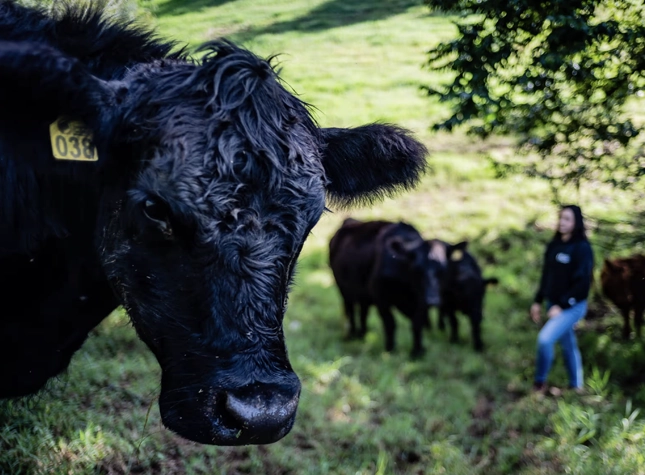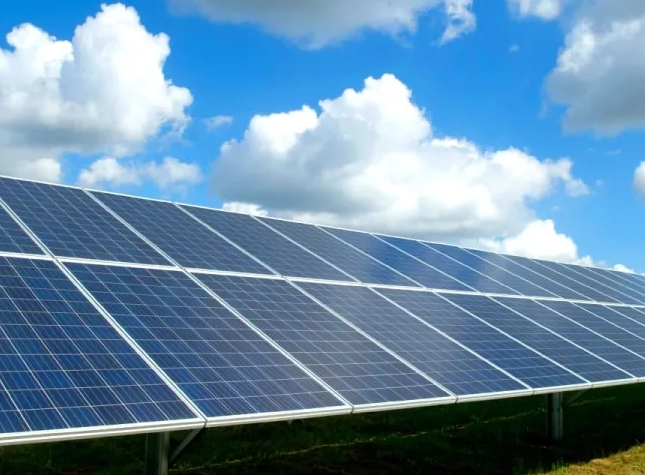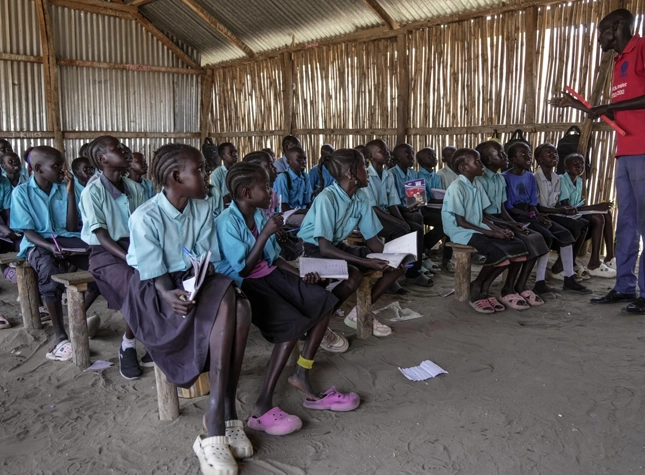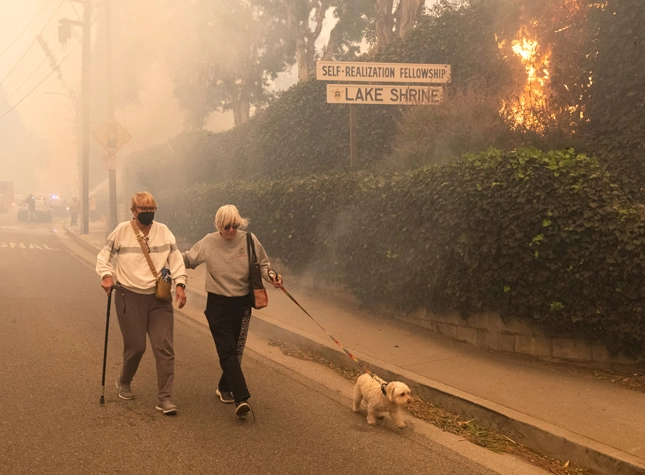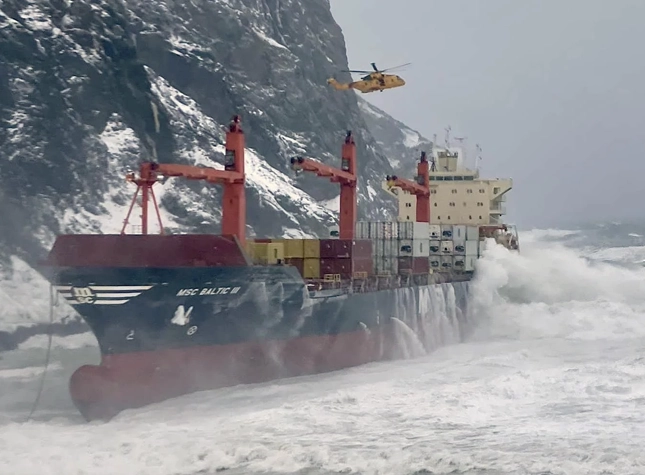
Welcome! Are you ready to help address global warming and climate change or increase your ambition and help others take climate action ? You are in the right place! Start by selecting a path below.
A global majority, beyond the vast majority of climate scientists and across the political spectrum, agrees that climate change is caused by greenhouse gases from human activity. We need to reduce greenhouse gases (primarily carbon dioxide and methane) as rapidly as possible to prevent more severe and long-term, irreversible damage to earth systems.
See also: How we know climate change is caused by human activity.
Greenhouse gases are causing extreme weather events, natural disasters, disruption to and loss of Biodiversity and instability of earth systems with adverse impacts to human life, quality of life and societies and economies. To avoid the worst impacts of climate change, including catastrophic and irreversible damage to our planet, we need rapid reductions in greenhouse gas emissions.
Most governments and economic sectors are on board with the goal of Net Zero 2050 and a global energy transition towards clean sources of electric energy. The energy transition is well underway as is the journey to regenerative and circular systems. We are heading towards a sustainable future, but without more government, business and citizen action we will not get there in time to avoid catastrophic impacts of climate change.
Individual climate action is critical to the global transition and to Canada’s success in meeting our climate goals and obligations. As citizens, transitioning to clean energy, regenerative and circular systems and driving systemic/societal change is critical to our success.
Overcome your barriers to action! Turn climate anxiety, helplessness, guilt, doubt and/or anger into motivation, hope, love and inspiration. Learn how to interpret and counter misinformation. Be inspired by those that are leading the way forward and join forces with them.
Want to reduce your Carbon Footprint? there is so much you can do! Learn about the areas of greenhouse gas emissions from Canadian households and the climate action you can take to reduce them. Take both personal and systemic action to help Canada transition to a more sustainable future. A sustainable future is a choice we have the luxury of making on behalf of many others that don’t.
Subscribe to our newsletter and community and create a personalized action plan to reduce your Carbon Footprint and be part of Canada’s transition.
Follow us on social media…
We post relevant news and useful tips every day on our socials.
Ribbiting News…
A small random selection of recent news, reports, tools and events reflecting our global climate journey. See all Ribbiting News here.
By rejecting traditional grazing and maintaining trees and wildlife habitats alongside pasture, farmers are turning their land carbon positive. But will it be enough? Continue reading here.
Clean energy investment manager Greenbacker Renewable Energy has secured $950 million to build what will be New York State’s largest solar farm.
Greenbacker acquired the 500-megawatt (MW) Cider project from renewable energy developer Hecate Energy. Work started in October, and the project is expected to come online in 2026. Continue reading here.
South Sudan closed all schools Thursday for two weeks due to an extreme heat wave that has caused some students to collapse.
This is the second time the country — which faces extreme effects from climate change, including flooding during the rainy season — has closed schools during a heat wave in February and March. Continue reading here.
It took nearly a month to contain the wildfires that burned over 40,000 acres around Los Angeles in January, but doctors warn that serious health implications from the blazes are just starting to unfold and will likely persist much longer.
While all wildfires produce particulate matter and caustic ash, the toxic elements from burning buildings, cars and infrastructure differentiate the smoke and ash from last month’s Southern California fires. Children are especially vulnerable to the toxins in the smoke and ash. Continue reading here.
Representatives from nearly 200 countries gathered on Monday to work out the details of the next major UN climate science report.
The Intergovernmental Panel on Climate Change (IPCC) is meeting for a week-long session in Hangzhou, China to negotiate the content and timing of the next landmark assessment. It comes not long after several climate agencies confirmed that 2024 was the hottest year on record. Continue reading here.
Hurricane Fiona left a trail of destruction across the Atlantic Coast in September 2022 wreaking havoc on wharves, fisheries, vessels, and gear and the federal government’s pocketbook.
In response to the climate disaster, Fisheries and Oceans Canada (DFO) has had to earmark more than $563 million to deal with Fiona’s aftermath, including damage to 142 out of 184 small craft harbours on the Atlantic coast. Continue reading here.










